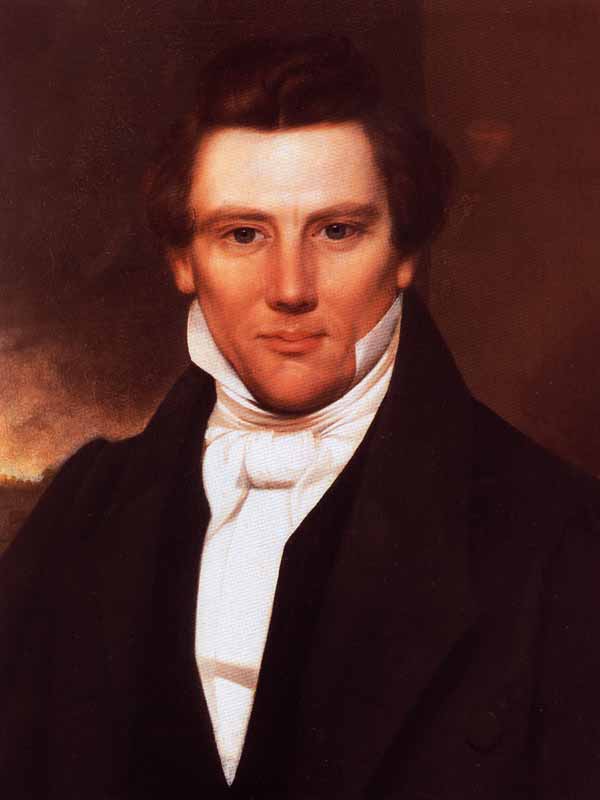
“The matrimonial covenant, by which a man and a woman establish between themselves a partnership of the whole of life, is by its nature ordered toward the good of the spouses and the procreation and education of offspring; this covenant between baptized persons has been raised by Christ the Lord to the dignity of a sacrament.” ¹The Catholic Church recognizes marriage as between one man and one woman. So, what happens if a polygamist converts.
The Catechism tells us “ Jesus calls to conversion. This call is an essential part of the proclamation of the kingdom:”. ² So, we can recognize that polygamy is against the reality of marriage and yet we are also called to conversion.
Well, does the Catechism actually say anything about polygamy specifically? YES!!! “The predicament of a man who, desiring to convert to the Gospel, is obliged to repudiate one or more wives with whom he has shared years of conjugal life, is understandable. However polygamy is not in accord with the moral law.” [Conjugal] communion is radically contradicted by polygamy; this, in fact, directly negates the plan of God which was revealed from the beginning, because it is contrary to the equal personal dignity of men and women who in matrimony give themselves with a love that is total and therefore unique and exclusive.” The Christian who has previously lived in polygamy has a grave duty in justice to honor the obligations contracted in regard to his former wives and his children.” ³
So, let’s break this down a bit. The Church doesn’t just say polygamy is against moral law but also recognizes the weight this can put on the convert but also states that this difficulty does not negate moral law. If a polygamist converted to Catholicism there would be a requirement for annulment.
Possibly the convert would be able to enter into a monogamous relationship with one of the women. There is no canon law ,catechism paragraph, or church document that I was able to locate that says specifically. This is something best left between the priest and convert though. That being said even with the annulment the church recognizes even with annulment there remains a grave duty.
The husband has a responsibility to continue to care for his wives and children even if it may not be within the typical environment associated with marriage. They can’t just throw their wives and children on the street. Even though the convert had been called to conversion and they are repenting…even if they are baptized their sin has left a temporal effect.
It is the responsibility of the convert to care for their spouse even though they are no longer married because even if it wasn’t a valid marriage there was still an obligation. There was an obligation created by the vows he took when they married. Now, how these obligations are met are going to look different depending on their particular situation. While one may be able to have a continuing relationship another may see it as necessarily fit to completely cut themselves off socially especially if there is now a religious divide. That doesn’t negate the responsibility of the husband but where one may feel responsibility to take the children to games, emotionally support the women, ect. another may need to cut most contact and provide financial support and other types of support if their wives prove a stumbling block.
This is not so much of an advocation of complete separation but a recognition that sometimes it is necessary. At the same time the need to separate still doesn’t negate the responsibility of the faithful.
¹CCC 1601
²CCC 1427
³CCC 2387
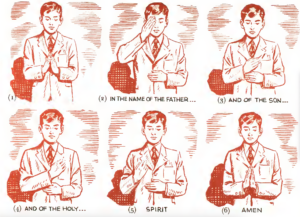
 First Sorrow: Mary Hears the prophecy of Simeon in the Temple
First Sorrow: Mary Hears the prophecy of Simeon in the Temple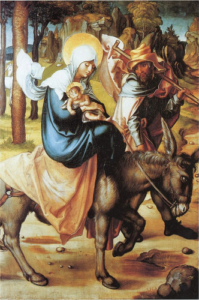 Second Sorrow: Mary flees with Joseph into Egypt to save Jesus
Second Sorrow: Mary flees with Joseph into Egypt to save Jesus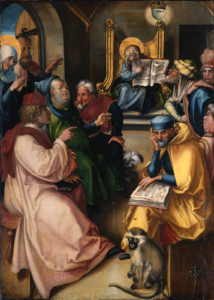 Third Sorrow: Mary loses Jesus and finds Him again in the Temple
Third Sorrow: Mary loses Jesus and finds Him again in the Temple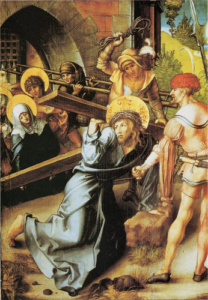 Fourth Sorrow: Mary meets Jesus carrying the cross on the way to Calvary
Fourth Sorrow: Mary meets Jesus carrying the cross on the way to Calvary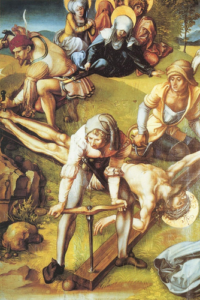 Fifth Sorrow: Mary is present at the Crucifixion and Death of Jesus
Fifth Sorrow: Mary is present at the Crucifixion and Death of Jesus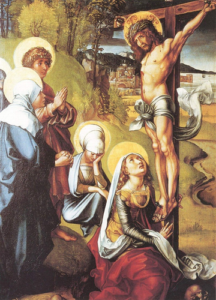 Sixth Sorrow: Mary receives the dead body of Jesus in her arms
Sixth Sorrow: Mary receives the dead body of Jesus in her arms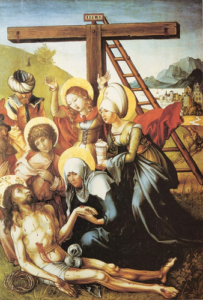 Seventh Sorrow: Mary accompanies Jesus to His Burial
Seventh Sorrow: Mary accompanies Jesus to His Burial
https://shorturl.fm/N6nl1
https://shorturl.fm/a0B2m
https://shorturl.fm/bODKa
https://shorturl.fm/N6nl1
https://shorturl.fm/XIZGD
https://shorturl.fm/5JO3e
https://shorturl.fm/oYjg5
https://shorturl.fm/6539m
https://shorturl.fm/j3kEj
https://shorturl.fm/YvSxU
https://shorturl.fm/m8ueY
https://shorturl.fm/bODKa
https://shorturl.fm/m8ueY
https://shorturl.fm/j3kEj
https://shorturl.fm/TbTre
https://shorturl.fm/JtG9d
https://shorturl.fm/VeYJe
https://shorturl.fm/DA3HU
https://shorturl.fm/hevfE
https://shorturl.fm/f4TEQ
https://shorturl.fm/Kp34g
https://shorturl.fm/retLL
Константин Легостаев feat. Юлия Лой – Всему Своё скачать песню и слушать бесплатно https://shorturl.fm/oUeFv
Slava Marlow – Расстреляй Меня (Remaker Remix) скачать и слушать онлайн https://shorturl.fm/DvDAx
Саша Воробьева – Домой скачать mp3 и слушать онлайн https://shorturl.fm/4vdkM
Ария – Мечты скачать mp3 и слушать онлайн https://shorturl.fm/9A5iH
Ария – Мечты скачать mp3 и слушать онлайн https://shorturl.fm/9A5iH
Дискотека Авария – Застольная скачать песню в mp3 и слушать онлайн https://shorturl.fm/vmmyg
Иван Детцель – Нас Судьба Развела скачать и слушать онлайн https://shorturl.fm/WY9nK
Мари Краймбрери – Я твой клад скачать и слушать песню бесплатно https://shorturl.fm/xIJuK
https://shorturl.fm/fSv4z
Alex Coffman Feat. & Paperwhale – Как Было Бы Здорово скачать песню и слушать онлайн https://shorturl.fm/7zMgC
Натали – #хештег скачать песню и слушать бесплатно https://shorturl.fm/P2pAe
https://shorturl.fm/retLL
https://shorturl.fm/YZRz9
http://terios2.ru/forums/index.php?autocom=gallery&req=si&img=4762
http://terios2.ru/forums/index.php?autocom=gallery&req=si&img=4578
http://wish-club.ru/forums/index.php?autocom=gallery&req=si&img=5232
https://myteana.ru/forums/index.php?autocom=gallery&req=si&img=6623
https://mazda-demio.ru/forums/index.php?autocom=gallery&req=si&img=6437
https://mazda-demio.ru/forums/index.php?autocom=gallery&req=si&img=6431
http://terios2.ru/forums/index.php?autocom=gallery&req=si&img=4723
http://terios2.ru/forums/index.php?autocom=gallery&req=si&img=4785
Kavabanga Depo Kolibri – Ты Обо Мне Не Вспомнишь скачать песню и слушать онлайн
https://allmp3.pro/3161-kavabanga-depo-kolibri-ty-obo-mne-ne-vspomnish.html
Doni feat Batrai Timran – Манила скачать песню и слушать онлайн
https://allmp3.pro/3043-doni-feat-batrai-timran-manila.html
HammAli & Мари Краймбрери – В Чёрных Очках (Dj Safiter DFM Remix) скачать песню и слушать онлайн
https://allmp3.pro/3021-hammali-mari-krajmbreri-v-chernyh-ochkah-dj-safiter-dfm-remix.html
Наталья Подольская – Забери скачать песню и слушать онлайн
https://allmp3.pro/2775-natalja-podolskaja-zaberi.html
Chebanov feat. Роман Кошкаров – Ветер Души скачать песню и слушать онлайн
https://allmp3.pro/2926-chebanov-feat-roman-koshkarov-veter-dushi.html
Skorik – Молодость скачать песню и слушать онлайн
https://allmp3.pro/2425-skorik-molodost.html
Бабкина Надежда и группа «Дискомафия» – Летняя Пора ( 2004 ) скачать песню и слушать онлайн
https://allmp3.pro/3250-babkina-nadezhda-i-gruppa-diskomafija-letnjaja-pora-2004.html